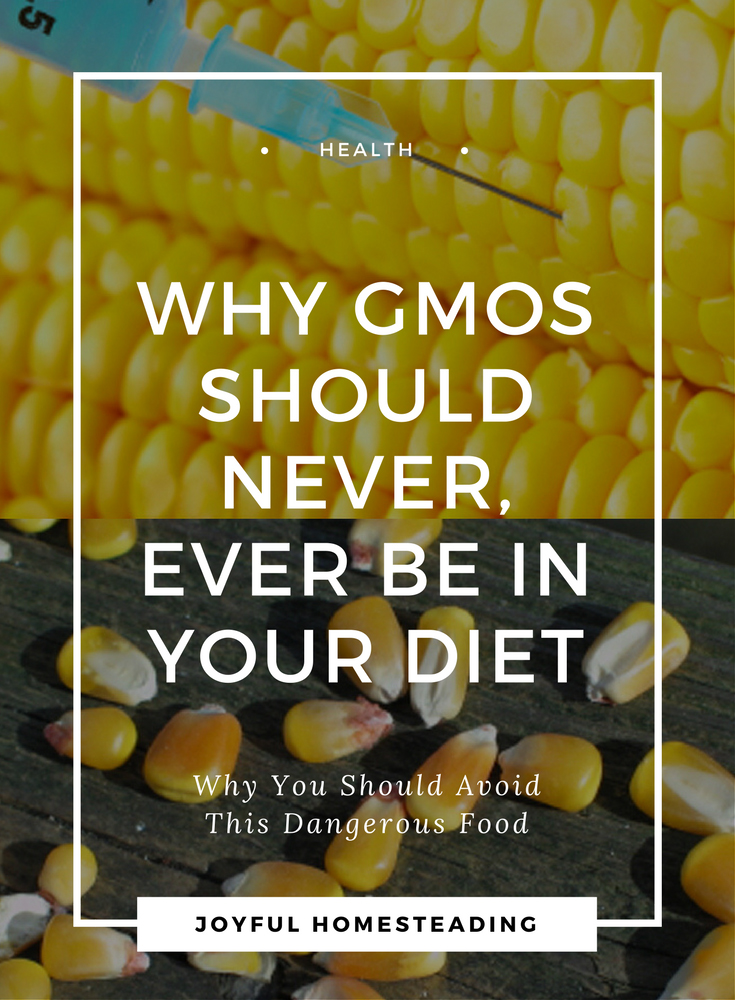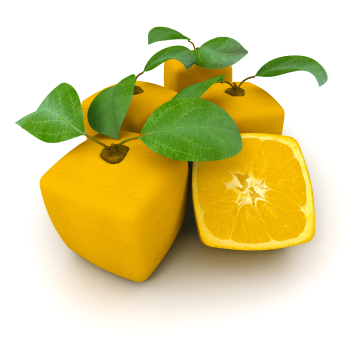What Are GMO
What are GMO? GMOs are genetically modified organisms, a Frankenstein food that's wreaking a real-life horror on our health, our environment and farm sovereignty. Here are some reasons why you should be buying non gmo foods.

What is GMO?

GMOs are the result of splicing genes from one species into the DNA of another.
These new organisms can be either plants or animals created by frightening and often unstable combinations of plant, animal and even bacterial and viral genes.
This is something that would never occur naturally.
GMOs have been created to survive powerful herbicides.
These are plants that are designed to survive even if they are coated with poisons.
Some GMOs have also been created to produce their own insecticide (some of them can cause the intestines of insects to explode).
Monsanto and other biotech companies that created these organisms
promised everything from ending world hunger, reducing reliance on water
and pesticides, and even curing the diseases of mankind.
None of this has happened.
Instead, matters have become far worse thanks to these dangerous
organisms.
What Are GMO Health Problems?
Biotech companies rushed GMOs into fields and into our diets without
researching all the likely health hazards associated with consuming
these organisms.
GMOs can also cause accelerated aging and gastrointestinal problems.
Also since GMOs have been introduced into the American diet, there has
been a dramatic increase in chronic illness and allergies.
And because companies are not required to list GMO foods on their
labels, many people are consuming GMOs without even realizing it.
GMOs could be in as much as 80% of conventional processed foods.
What Are GMO Environmental Problems?
GMOs were created to resist herbicides.
The problem with this is that "super weeds" and "super bugs" are a side
effect of these organisms that can't be killed with ordinary pesticides.
Farmers are now having to resort to a poison that is the major
ingredient in Agent Orange to kill these insects and weeds.
Also, the pollen from GMOs are carried by the wind, insects and birds to
other areas.
A farmer or gardener may not want to grow GMOs, but if pollen from GMO
plants lands in his field or garden, he may wind up with GMO crops
without even realizing it.
Plus, despite the promises of biotech companies such as Monsanto, GMOs
actually require more water as well as pesticides to grow, placing a far
greater burden on the environment than ordinary crops.
What Are GMO Economic Problems?
It's not only important to know what are GMO, but to also understand the terrible devastation this creation is wreacking on innocent lives. Monsanto and other biotech companies have a patent on GMOs. That means you can't grow GMOs without purchasing seed from these companies.
If through wind or insect pollination, GMOs wind up in your fields or
garden and you haven't paid Monsanto for the seeds, the company has the
right to sue you and force you to pay.
The impact of GMOs are even more devastating in other countries such as
India.
For years, local Indian farmers carefully saved their seeds to replant
the following year.
But a few years ago, Monsanto came in and talked local farmers into
buying GMO seeds with the promise of a more productive crop and fewer
weeds.
But what Monsanto didn't tell these local farmers is they would need to
use herbicides and use irrigation to bring in far more water.
Many local farmers couldn't afford these things and were forced into
bankruptcy.
Faced with the shame of losing their land, many farmers are committing
suicide, at the rate of one farmer every half hour.
What are GMO Proactive Steps You Can Take
Be proactive in keeping GMOs out of your diet and out of your garden.
Avoid processed foods as much as possible.
While you can't tell from reading the labels whether a product has GMOs, you can download a non gmo foods guide that will tell you which companies are careful to keep GMOs out of their products.
Plant non GMO seeds in your garden.
Choose heirloom seeds as much as possible, and save your seeds from year to year.
Also drink kefir on a regular basis to heal your intestines from any damage made from eating GMO foods.
That way, you can protect the health of you and your loved ones from the Frankenstein's monster of GMO foods.
Related article: Tips on Keeping GMOs out of your diet.







New! Comments
Have your say about what you just read! Leave me a comment in the box below.